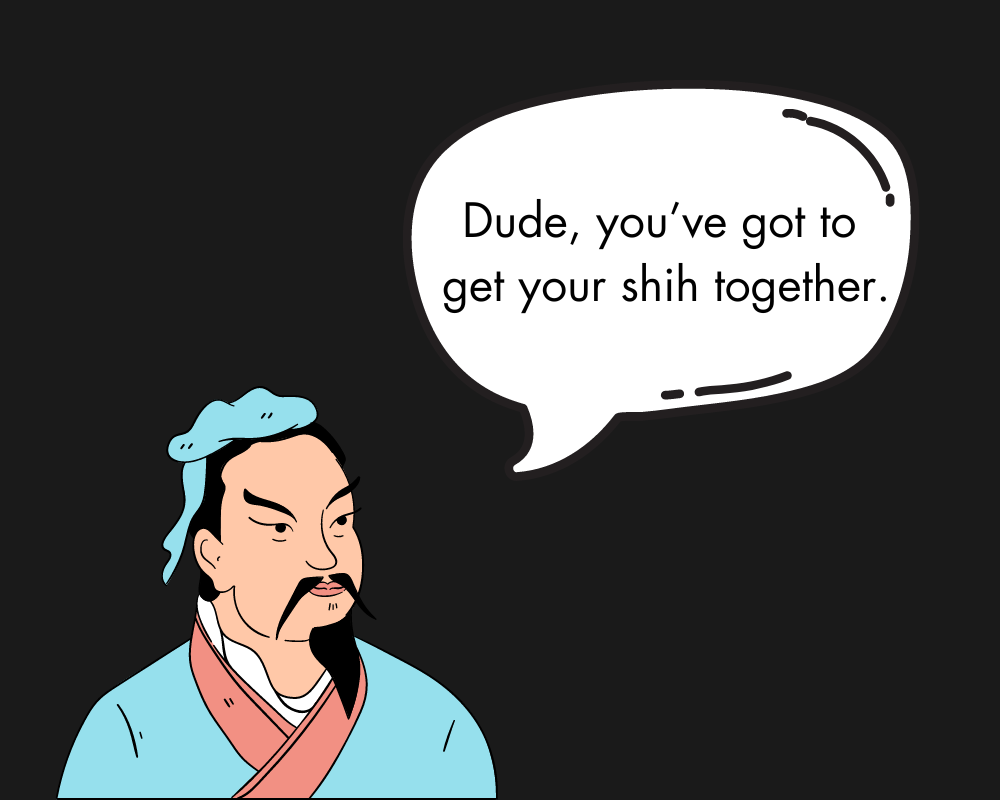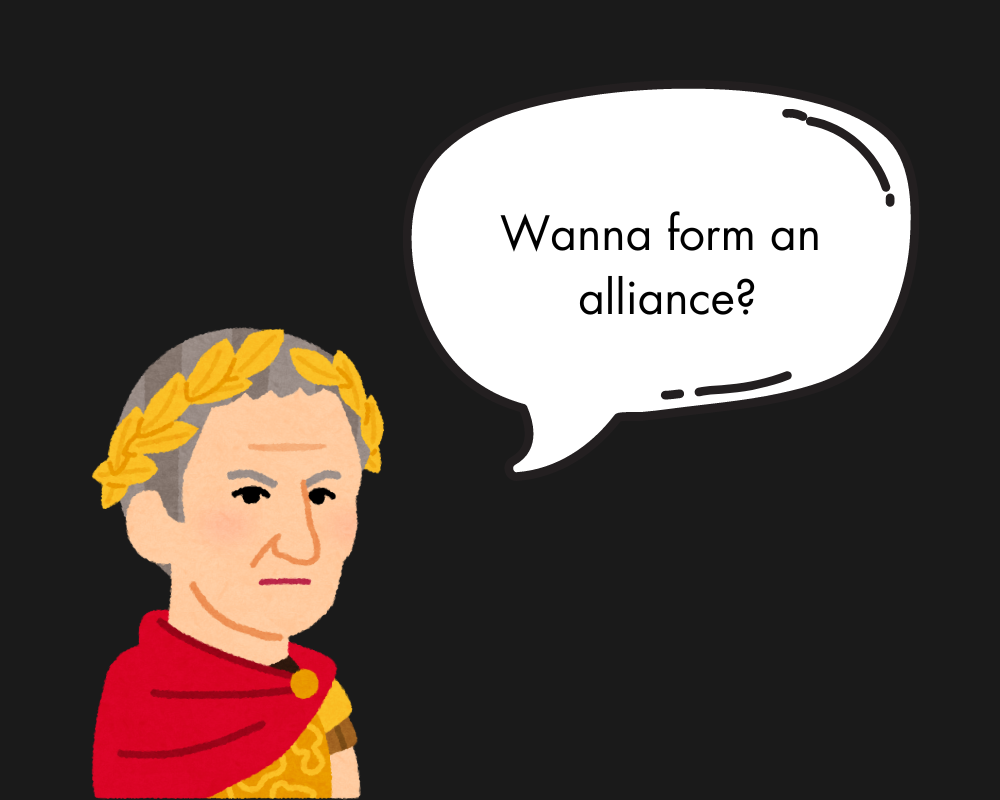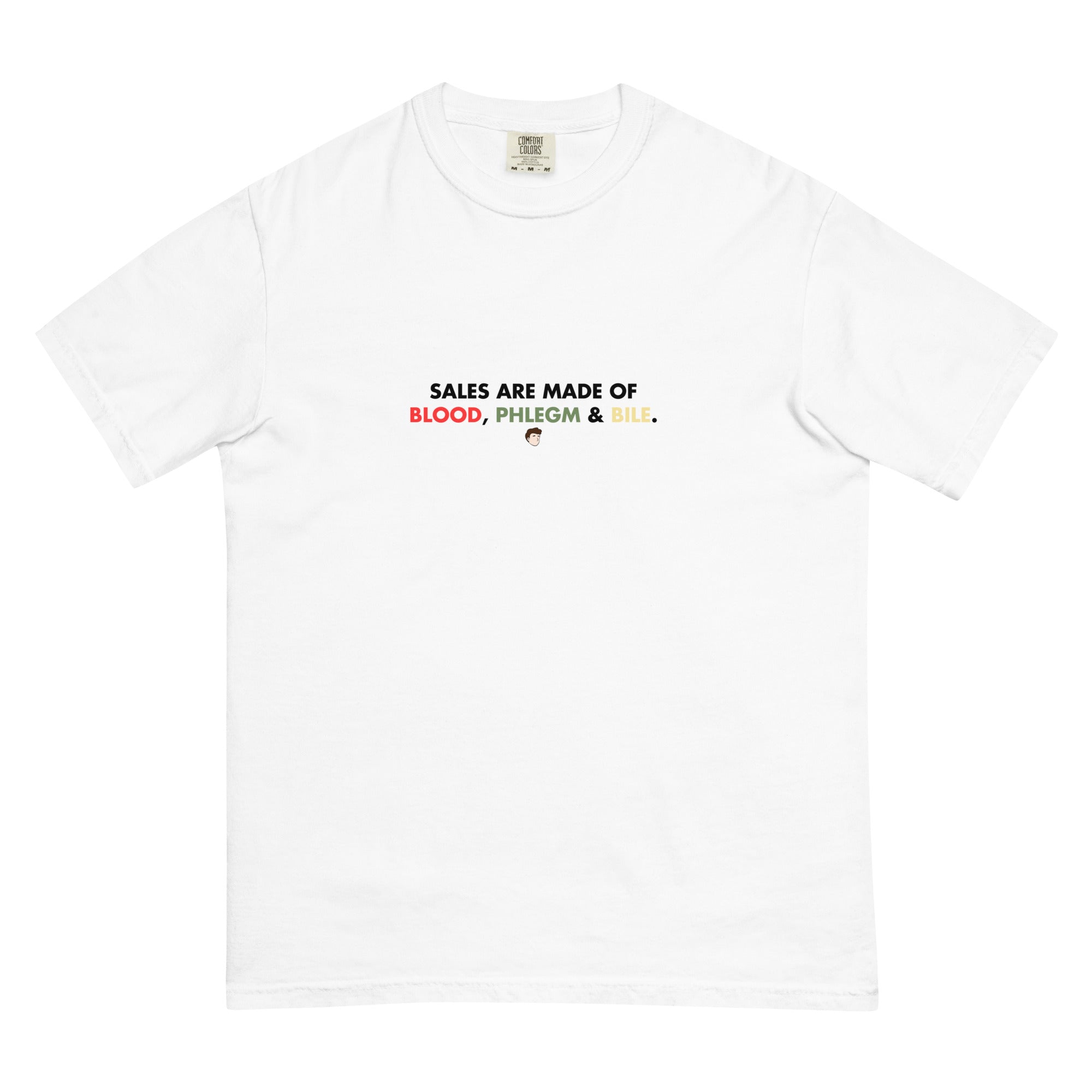"Those who are enslaved to their sects are not merely devoid of all sound knowledge, but they will not even stop to learn!" - Claudius Galen
The Influence of Humorism on Galen: A Lesson in Strategy and Adaptation
Claudius Galen, the Roman philosopher and physician, drew from the ancient wells of Greek wisdom to shape a profound understanding of human nature through the lens of humorism.
This system, which connected the balance of bodily fluids to personality types, was more than a medical framework - it was a map of human behavior that dominated thought for centuries.
Humorism, a theory introduced by Empedocles, proposed that the four basic elements - earth, air, fire, and water - could explain all substances.
These elements, each with distinct qualities, were linked to bodily fluids or humors, a concept expanded by Hippocrates, the "Father of Medicine."
Hippocrates attributed the qualities of these elements to four specific humors: blood, phlegm, yellow bile, and black bile.
Five hundred years later, Galen transformed this framework into a sophisticated model of personality, connecting the balance of these humors with what he termed “temperaments.”
Galen believed that human behavior and emotions were dictated by the relative dominance of each humor, forming four distinct types: sanguine, phlegmatic, choleric, and melancholic.
Galen’s Four Temperaments: The Strategy Behind Personality
Galen’s temperaments offer a strategic insight into human behavior, one that echoes far beyond medicine. Understanding these temperaments allows us to anticipate reactions, adapt our approaches, and strategically position ourselves in any interaction.
- Sanguine: Governed by blood, the sanguine temperament is marked by cheerfulness, optimism, and warmth. But the same abundance can lead to selfishness and impulsivity.
- Phlegmatic: Ruled by phlegm, this personality is cool, kind, and consistent, but risks becoming overly passive or shy.
- Choleric: Dominated by yellow bile, the choleric individual is assertive, ambitious, and driven - though their fire can turn to impatience or aggression.
- Melancholic: Black bile fuels this temperament, creating a thoughtful, artistic personality, often tinged with sadness and anxiety.
Galen believed these temperaments were malleable. Through diet, exercise, or more severe methods like bloodletting, one could correct an imbalance in the humors.
A sanguine person, too indulgent or selfish, could regain balance through restraint or purification.
For nearly a millennium, Galen’s teachings dominated, until the scientific rigor of the Renaissance began to unravel them.
In 1543, Andreas Vesalius famously exposed over 200 anatomical errors in Galen’s work - an affront that earned him accusations of heresy.
And yet, Galen’s influence persisted, most notably through the work of 20th-century psychologist Hans Eysenck, who identified traits of neuroticism and extraversion that echoed Galen’s temperaments.
While humorism has faded into history, Galen’s insights into the interconnectedness of the body and mind live on.
His work reminds us of a timeless truth: true understanding comes from mastering the internal forces that shape human nature.
Applying Galen’s Temperaments to Sales Strategy: The Art of Adaptation
The principles that Galen laid out in understanding human temperaments can be applied strategically in the world of sales.
To master this craft, one must learn to read the person in front of them - recognize their temperament, mirror their state, and adapt the approach accordingly.
Sales, like warfare, is not about imposing a plan, but about positioning yourself with flexibility, always adjusting to the needs of the moment.
Sanguine Buyers
- Traits: Warm-hearted, cheerful, optimistic.
- Approach: Match their energy. Use enthusiasm and excitement to highlight how your product can enhance their life. Make the experience fun, and build a personal connection.
- Close: Use an enthusiastic, friendly tone. "I can’t wait for you to start enjoying this product - let's make it happen."
- Retention: Keep the energy alive with regular, exciting updates and offers.
Phlegmatic Buyers
- Traits: Quiet, rational, calm.
- Approach: Be patient and thorough. Emphasize reliability and practical benefits. Appeal to their desire for consistency and ease.
- Close: Use a calm and reassuring tone. "This product will meet your needs without any hassle - let’s get it taken care of."
- Retention: Provide steady, reliable follow-up without overwhelming them.
Choleric Buyers
- Traits: Fiery, assertive, ambitious.
- Approach: Be direct and confident. Focus on how your product will give them an edge, and appeal to their competitive nature.
- Close: Assertive and decisive. "This is exactly what you need to stay ahead. Let’s finalize the purchase."
- Retention: Keep them informed of new developments that enhance their competitive edge.
Melancholic Buyers
- Traits: Thoughtful, artistic, reflective.
- Approach: Be empathetic and detailed. Highlight quality, craftsmanship, and how the product meets their specific needs.
- Close: Use a detailed and thoughtful tone. "This product has been crafted to your standards - are you ready to move forward?"
- Retention: Continue to provide high-quality service and personalized attention to detail.
Mastering the Pivot: Recognizing the Shifting Temperament
In the sales arena, temperaments are not fixed.
Like the balance of humors, a person’s disposition may shift based on external factors.
The true strategist remains adaptable, knowing that while a potential buyer may present themselves as sanguine, their organization might be in a melancholic state.
Success depends on your ability to discern two crucial factors:
- Is this person the true decision-maker?
- Are they acting authentically, or as a reflection of their organization’s temperament?
When both align, tailor your strategy to the individual’s temperament, forging a direct, authentic connection.
In all other cases, adapt your pitch to the emotional state of the organization itself.
This ensures that you aren’t misaligning your approach with the true power behind the decision.
The Final Lesson: Strategic Flexibility in Sales
Galen’s work reminds us that mastery lies in understanding the forces that govern behavior, but it also teaches us the value of flexibility.
To succeed in sales, you must learn to read both individuals and the environments they operate within, shifting your approach as needed.
Recognize the temperament at play, and adjust your strategy in real time.
This is the essence of true power in sales - strategic adaptation, rooted in deep knowledge of human nature.
Only then can you maneuver with precision, ensuring that your efforts yield the greatest returns.
In the end, those who master this art of adaptive strategy will find themselves in command of the sales battlefield, anticipating every shift and leveraging every advantage with the calculated precision of a master tactician.






